Blog
Press Release: July 27, 2011
Workshop addressing multi-ethnic worship, by Rob Veith
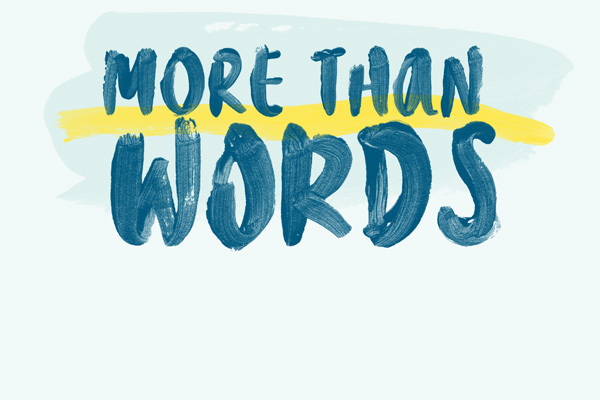
Those of you who heard Eshinee and I speak during our visit to the US and Canadain 2010 probably heard me play some of the instruments I learned to play while living in Botswana. I talked about how much I wanted to see this music as a part of the worship life of the church. If you caught me on a less charitable day, I may have lamented the use of translated hymns with awkward grammar. If I was feeling ambitious, I may even have asked you to pray that the people of Botswana would want to worship God with their own unique sounds and styles.
While, when I left Botswana, I had been pleased to notice that the music office of the Lutheran church had added an mbira and a segaba to their collection of instruments, I confess I didn’t really have faith that much would change. I mean, you know the joke about how many Lutherans it takes to change a light bulb, right?*
I had been recruited to help teach Scripture-based song writing at a Psalm-oriented workshop at the Woodpecker Seminary, just outside Botswana’s capital city ofGaborone. My hope was that we would compose some new songs based on the Psalms which might eventually end up on CD and/or in a book of new worship songs. While unpacking, I noticed something odd. There were no keyboards. Instead, I saw a setinkane (the local tuning of the mbira), a segaba, and a traditional drum. There were guitars, but they had four strings tuned the traditional way — there is a four-stringed guitar-like instrument indigenous to southern Africa which predates the European guitar by at least 100 years.
As things got going, one of the presenters shared how he felt out of place in church. He said he believed and he could “wear the clothes” of a Christian, but he felt the foreignness of it. He played some music which, to him, felt truly spiritual and touched his heart — some traditional Tswana music. Almost everyone present agreed that these songs had a ”depth” which the music they sang in church did not.
One of the participants, a pastor, shared how pastors are trained to do liturgy in Setswana – Setswana is used as the language of church as a way of maintaining unity in Botswana. Then, they may be sent to a congregation not predominantly Tswana. They may find themselves outsiders in their own congregation, performing a liturgy which is not particularly meaningful either to themselves or the congregants.
Another pastor talked about officiating at a multi-ethnic congregation. In her congregation, they have at least six ethnic groups represented, so they have done a Setswana liturgy for the sake of unity. She asked, was there a way of doing church which was powerful and meaningful to the individual groups without fracturing the body?
The workshop participants worked to imagine a musical style which would honor God and allow active participation by a diverse, multi-ethnic congregation. Participants spent part of the week divided by preferred language: Afrikaans, English, Herero, Shekgalagari, and Setswana. They composed songs in their language and in their style. Then, they brought favorite songs to the group to mix things up. Herero verses were added to a Shekgalagari song, several Afrikaans songs were translated into English and vice versa.
Towards the end of the workshop, participants began to compile a list of songs which would fit into a multi-lingual song book.
The music created at this workshop I think accurately reflected the heart music of the participants. And participants showed a willingness to allow others to contribute in a heart felt manner. A touching moment for me was when one of the English speakers started rapping, accompanied by a hip hop beat played on a traditional drum. A traditional guitarist asked if he could contribute. After a nod of affirmation from the rapper, he began playing his four string guitar in a Shekgalagari pattern behind the rapper.
The only thing I could think: I bet God is loving this! I suspect that I was His idea all along anyway. For myself, I was glad to be there seeing it happen.
*If you don’t know the answer to the light bulb joke, it is: None. Why would they change?!?

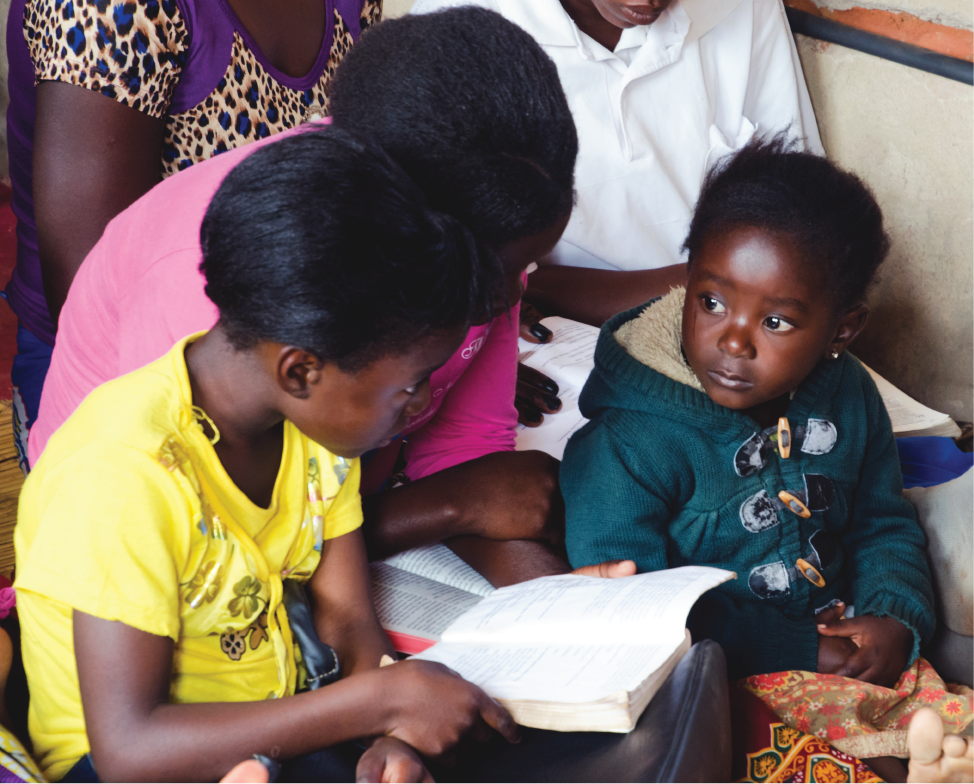
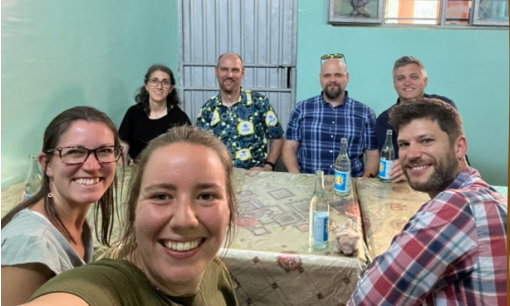
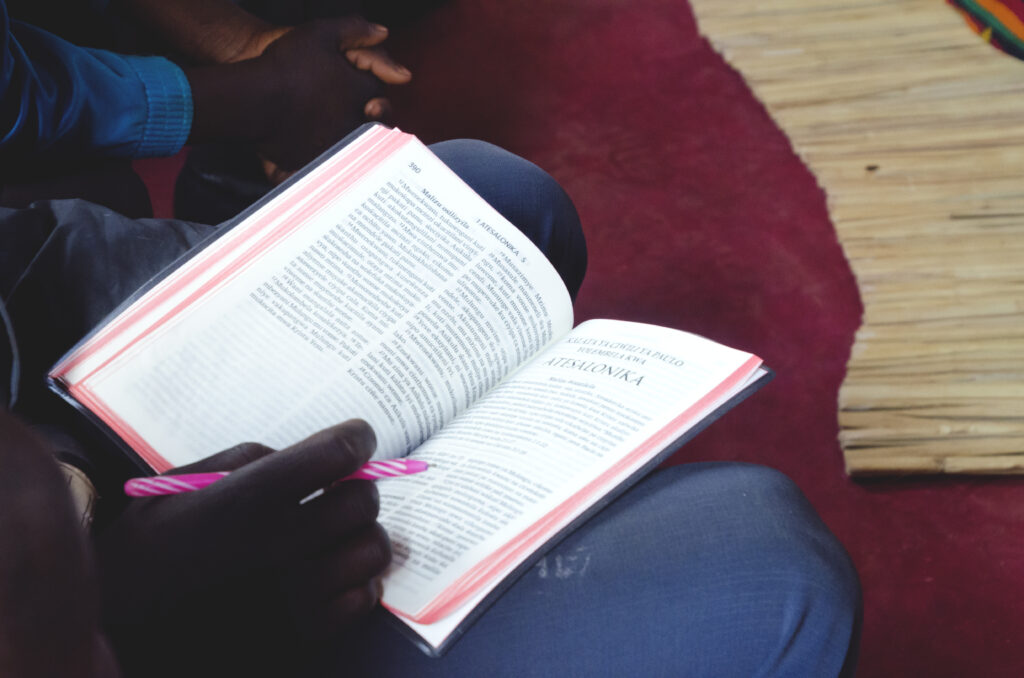
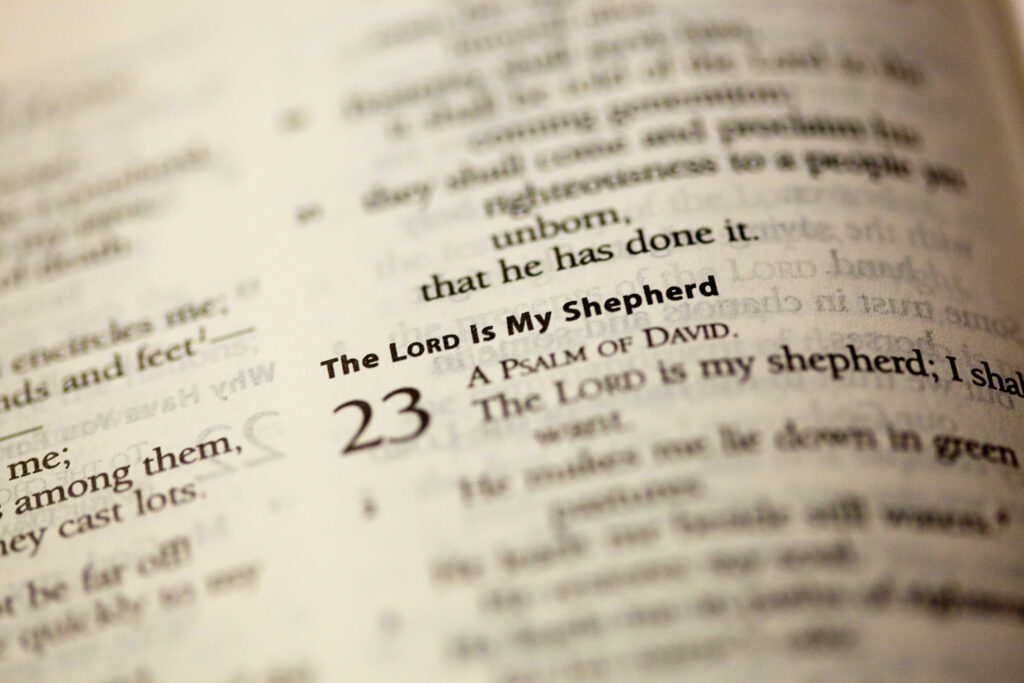
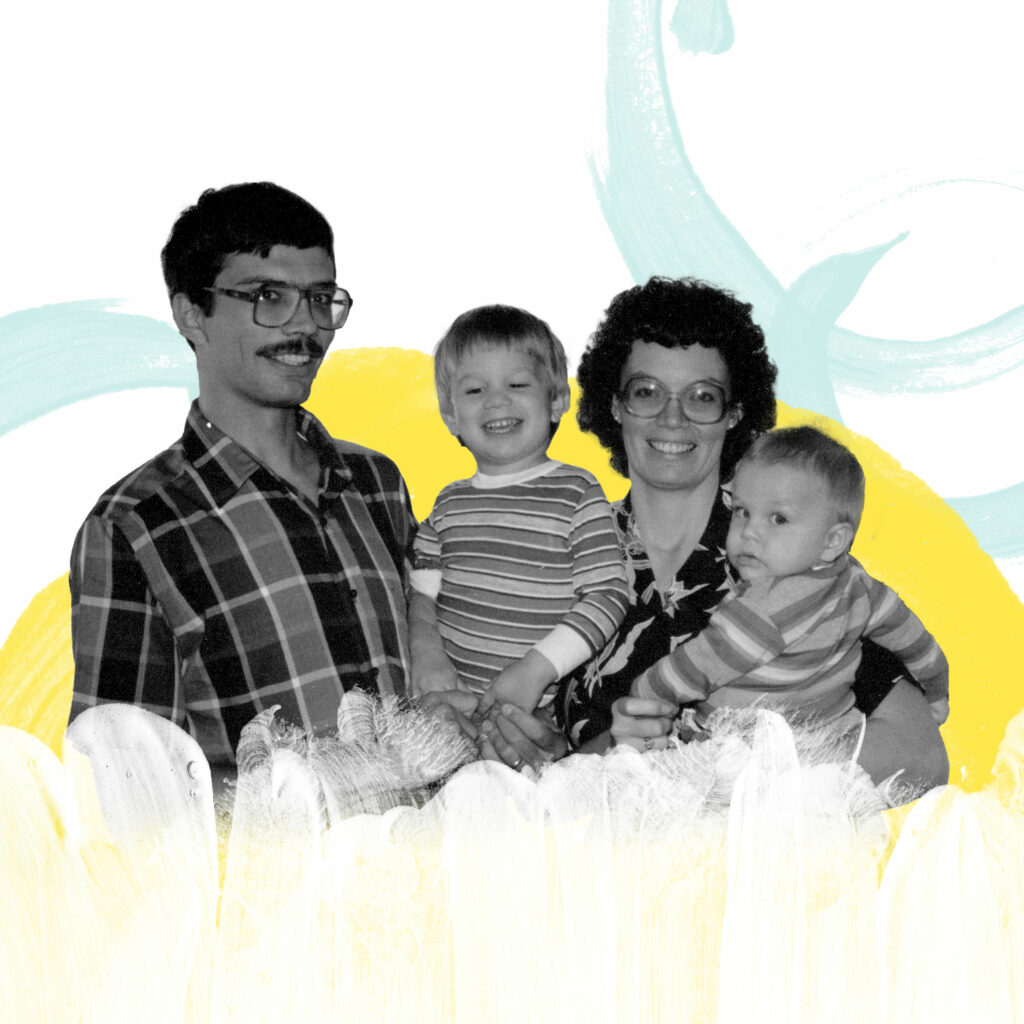
Leave a Reply
You must be logged in to post a comment.